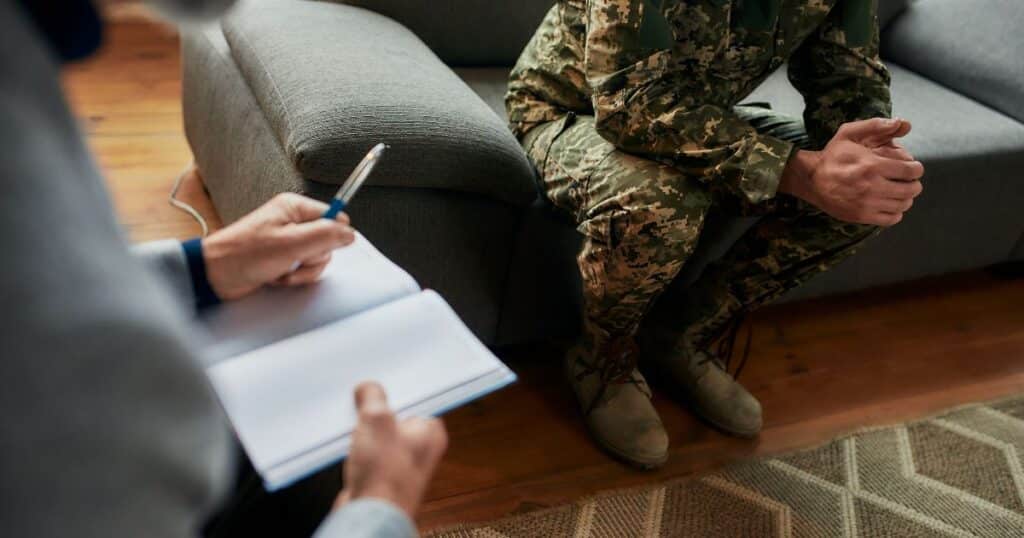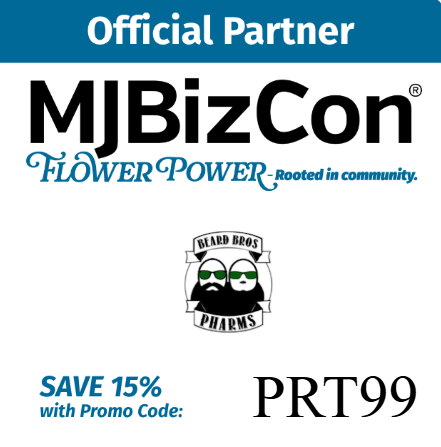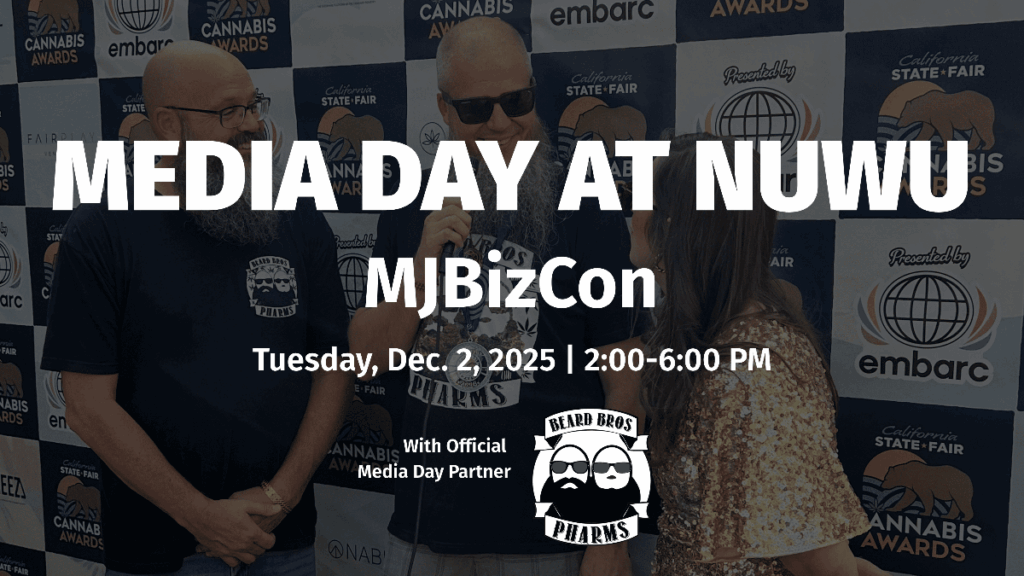The Department of Veterans Affairs (VA) has recently made a huge step towards incorporating alternative medicines into veteran healthcare. This groundbreaking move is showcased in the first episode of the Veterans Health Administration YouTube titled New Horizons in Health: Bringing Veteran Health Care into the Future, where psychedelic-assisted therapy is discussed as a potential treatment for veterans. The topic is gaining traction and sparking meaningful conversations about mental health care for veterans.
As we know, many veterans struggle with mental health issues such as post-traumatic stress disorder (PTSD) after their service. Traditional therapies have not always been effective in treating these conditions, leading to a growing need for alternative treatments. This is where psychedelic-assisted therapy comes into play. The New VA Podcast dives into this topic on its first episode, highlighting the importance of this conversation and its potential impact on veteran health care.
Psychedelic Assisted Therapy
Psychedelic-assisted therapy refers to using mind-altering substances such as MDMA, psilocybin, and ketamine in a therapeutic setting. These drugs have been stigmatized for their recreational use but are now being studied for their potential benefits in treating mental health conditions. In psychedelic-assisted therapy, the patient is given a controlled dose of the drug under the supervision of a trained therapist, allowing them to explore their thoughts and emotions more intensely.
The use of psychedelics in therapy dates back to the 1950s and 1960s, when they were initially studied for their potential benefits in treating mental health disorders. However, widespread abuse and negative media portrayals led to the criminalization of these substances and halted further research. In recent years, there has been a resurgence of interest in studying the therapeutic potential of psychedelics, especially for treating veterans with conditions such as PTSD and depression.
Despite this renewed interest, psychedelic-assisted therapy remains controversial due to its association with illegal drugs. However, with growing evidence supporting its effectiveness and increasing societal acceptance, it is slowly gaining recognition as a legitimate form of therapy. The VA’s involvement in this conversation marks a significant shift towards progressive and holistic approaches to veteran healthcare.
Jonathan Lubecky
Jonathan Lubecky, a U.S. Army veteran who served in Iraq, shares his powerful story on the Veterans Health Administration Podcast’s first episode. Like many veterans, Lubecky struggled with PTSD and found little relief in traditional therapies offered by the VA.
Despite trying various treatments, including medication and talk therapy, Lubecky continued to experience debilitating symptoms of PTSD. It wasn’t until he participated in an MDMA-assisted therapy trial at MAPS (Multidisciplinary Association for Psychedelic Studies) that he was able to find relief.
Lubecky talks openly about after returning home from a tour in Iraq in 2006, he developed crippling PTSD saying, “While I was over there, due to my experiences, I came home with crippling PTSD. I didn’t really realize it or how bad it was until after I got home.” Which eventually led to a series of attempts of Lubecky taking his own life.
It wasn’t until one day at the VA for a weekly therapy session that his psychiatrist was too busy to meet with at the time and asked him to see an intern to refill the 42 different medications he was on daily. When sitting with the intern, it was one of the best decisions he made, saying, “Went sat with the intern. It’s one of the best decisions I’ve ever made because that intern from the Medical University of South Carolina was aware of the research being conducted in Charleston and slid this piece of paper across the desk and said, Don’t open this until after you leave the VA, because I don’t know if I’m supposed to tell you about this. And I did. And I opened it up and it said, Google, MDMA, PTSD.”
“I took my first dose of MDMA on November 22, 2014, exactly eight years after I came back from Iraq,” Lubecky said. “It’s been nine years now, and I’ve honestly been PTSD-free longer than I had it.”
Not only did MDMA Assisted Therapy help Lubecky deal with the PTSD of his service in the military, but also with multiple dealing with personal situations after therapy. It’s an inspiring story, and you can watch the full podcast below.
Psychedelic Assisted Therapy in VA
On the first episode of the podcast, hosted by Under Secretary for Health Dr. Shereef Elnahal, he is also joined by Dr. Ilse Weichers, Deputy Executive Director of VA’s Office of Mental Health and Suicide Prevention, and Dr. Joshua Woolley, one of VA’s leading researchers on psilocybin-assisted therapies in San Francisco. They discuss psychedelic-assisted therapies and the future of these treatments at VA.
Dr. Woolley commented, “There have been large what are called pivotal, pivotal trials conducted both for MDMA, psychotherapy and psilocybin psychotherapy. And those have shown very promising results for PTSD and for depression.”
“The effects are quite dramatic. People like Mr. Lubecky’s story, they, you know, PTSD symptoms can go away for months, or even years after, you know, one or a few treatments.”
Dr. Ilse Weichers honed in on psychotherapy, saying, “The psychotherapy piece is the essential piece of this. I mean, the psychotherapy piece is kind of the cornerstone, so it really needs to be a combination of the medication and the psychotherapy together to ensure great success.”
Lubecky also iterated that therapy was the main reason behind his healing and that the MDMA was just a tool to help him talk about his experiences, “MDMA is a tool that opens up the mind, body, and spirit to the place it can be so that you can heal and process all of those memories and all the things, trauma, that are causing you issues. Without it, people with PTSD they have issues with trust. They have issues—they don’t want to talk about it. They also either shut down emotionally and can’t process, or they become hyperemotional and can’t process. So the MDMA puts you in this middle ground, where you stay in a place where you can talk about trauma without having panic attacks, without your body betraying you, and look at it from a different perspective.”
Future Possibilities at the VA with Psychedelic-Assisted Therapy
The future of psychedelic-assisted therapy at the VA looks promising as more research and trials are being conducted to explore its potential benefits for veterans. Thanks to the determination and bravery of veterans like Jonathan Lubecky, who are willing to share their stories and advocate for alternative treatments, the tide is turning towards a more progressive approach in veteran healthcare.
Just a few years ago, the VA was not welcoming to alternative medicines like psychedelic therapy. However, with more research and evidence of its effectiveness in treating mental health conditions such as PTSD and depression, the VA is now embracing these treatments. This is a massive breakthrough for veterans who have been struggling to find relief from their symptoms through traditional therapies.
In addition to providing potential relief for mental health conditions, psychedelic-assisted therapy also has the potential to address other issues that veterans may face, such as addiction and chronic pain. This holistic approach to treating the whole person, rather than just their symptoms, is a much-needed shift in the healthcare industry.
The fact that the VA is now open to exploring these alternative treatments shows a progressive and compassionate approach toward veteran care. Veterans have served and sacrificed for their country, and they deserve access to every possible treatment that can help them on their journey toward healing.
The discussion of psychedelic-assisted therapy at the VA is a significant step forward in addressing the mental health crisis among veterans. It highlights the importance of continued research and support from healthcare professionals in exploring new and innovative treatment options. As we continue to understand the potential of psychedelic-assisted therapy, it is crucial that we keep advocating for its integration into mainstream healthcare.
Keep updated on all the latest news and updates in the Cannabis industry here at Beard Bros Pharms by signing up for our Friday Sesh Newsletter here. Always Dank and Never Spam!


















